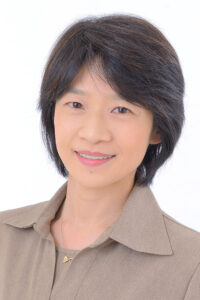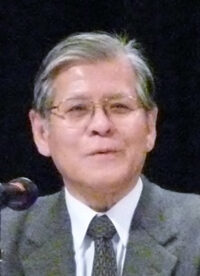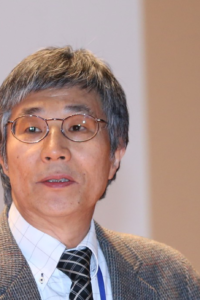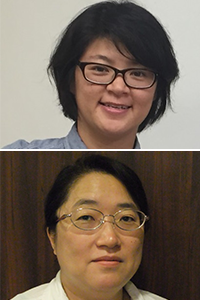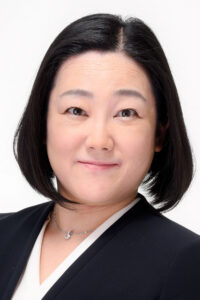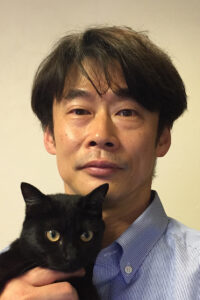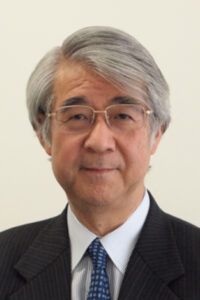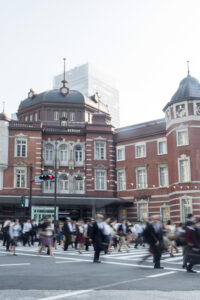
Motani Kosuke, Chief Senior Economist, The Japan Research Institute, Ltd. vs Hirai Shinji, Governor, Tottori Prefecture Tottori, a Unique Countryside Motani Kosuke: I read your book, Chiisakutemo Kateru (You Can Win Even if You Are Small). I think this book is like the novel, Shitamachi Roketto (Rockets of an Old Commercial District) by Mr. Ikeido Jun. It’s the story of a young man who grew up in Tokyo and migrated to Tottori. In the story, the protagonist leaves a large company, finds a job at a second-tier company and achieves success as a hired business manager with his strenuous efforts. Hirai Shinji: Thank you, Mr. Motani. I’ve asked you for help in many ways, including a visit to a symposium held in our prefecture and guidance with our prefectural employees, because I really wanted to try what you called the capitalism of the satoyama ... ... [Read more]
